
The discovery of unique virus traits may explain why some patients have more severe responses to the disease.

The discovery of unique virus traits may explain why some patients have more severe responses to the disease.
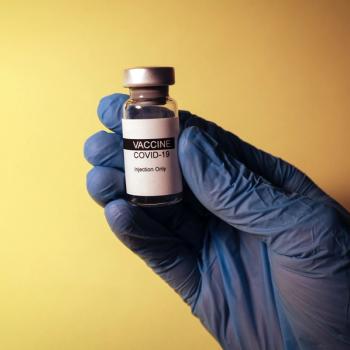
China has overtaken the US and is currently leading all countries in total vaccine administrations.

A discussion about the possible side effects and allergic reactions to coronavirus vaccines.
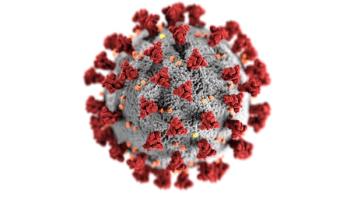
Little is known about long-term health effects of the disease as few follow-up studies have been carried out.
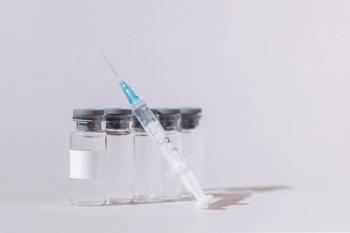
A group of governors penned a letter to Health and Human Services pressing the government to distribute reserved doses.

Immune memory against the virus is also potential good news for vaccine developers.
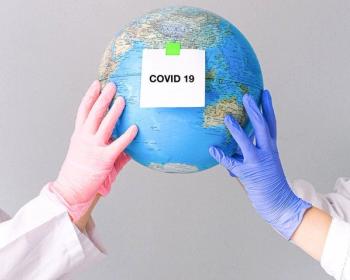
GeoMEDD enhances investigation in near real-time and in the context of health system operations to a dynamic situation.
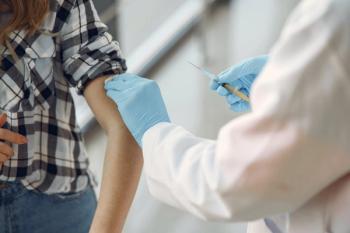
European Medicines Agency exercises its option for increasing the confirmed order commitment by 80 million doses, bringing total to 160 million.

Tobacco smokers are at a significant risk for both viral and bacterial infections of the respiratory system.

Discussing how the approval process was different for COVID-19 vaccines and why it was safe.

Prior to public vaccination, a rapid and accurate COVID-19 antibody test will help determine the presence of neutralizing antibodies.
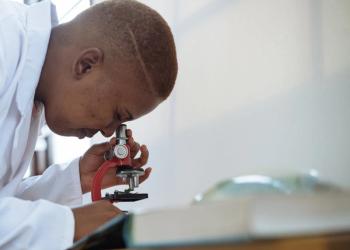
The Alzheimer's Association is funding the work of a consortium of experts from more than 30 countries.
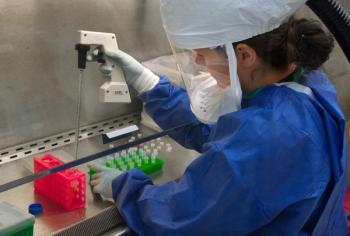
The findings have important implications for studies in other diseases such as Type 1 diabetes.
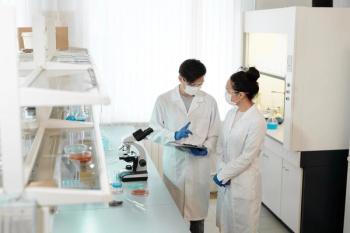
Early data reported a disproportionate impact of death rates and infection rates in Black, Native American, and Latinx communities.

Observing infections in non-human primates can help to expedite therapeutics and vaccines for COVID-19.
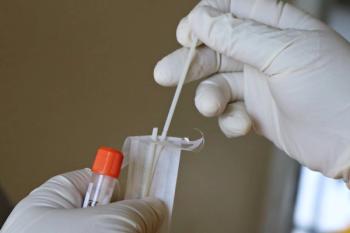
Information gained has potential to contribute to future treatments for COVID-19 and other diseases
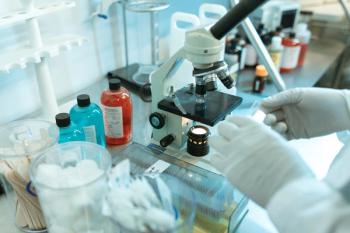
The virus may have been cleared by the time of death or viral copy numbers were below the level of detection.

Investigative studies looking at underlying immune characteristics are needed to understand disease pathogenesis.
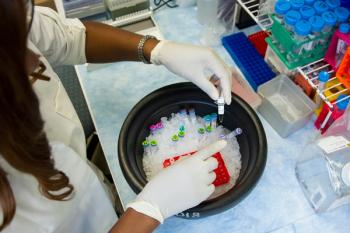
Investigators developed a hybrid protocol to search for potential drug candidates against the replication of SARS-CoV-2.

Anti-COVID-19 nanobodies may potentially be effective at preventing and diagnosing infections.

Phase 3 trial data shows experimental monoclonal antibody not to be efficacious.
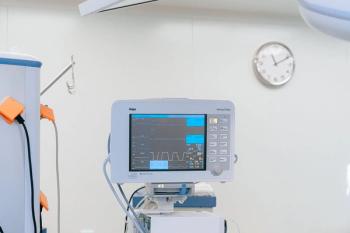
While ACE2 expression has been reported in the human brain, the cell-specific expression pattern of ACE2 is unknown.
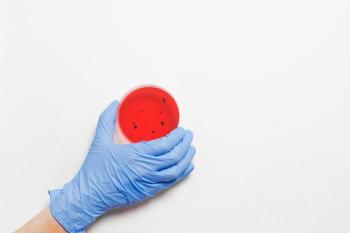
Characterizing SARS-CoV-2 interactions can improve understanding of viral RNA functions and the host innate immune response.
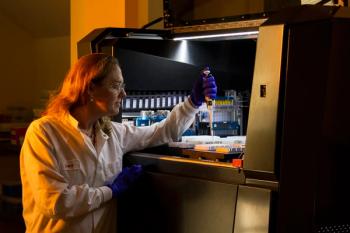
The study helps to illuminate how spike proteins initiate infections.
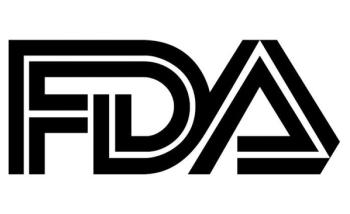
An Orphan Drug Designation was granted to Ridgeback Biotherapeutics, LP, creator the therapy.
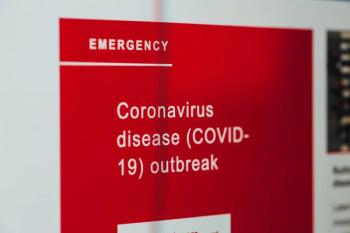
Countries across Europe are reinstating travel bans and lockdowns to combat virus.

Healthcare providers may want to consider these risks when determining which COVID-19 patients could benefit the most from the new monoclonal antibody therapies.

The VRBPAC voted 20-0 with 1 abstention to support the benefit-risk profile associated with mRNA-1273.
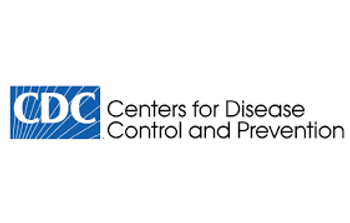
The CDC stressed that antimicrobial stewardship remains a major public health concern.

The authors note that the difference in hospitalization rate may be partly due to existing immunity to influenza in the population.